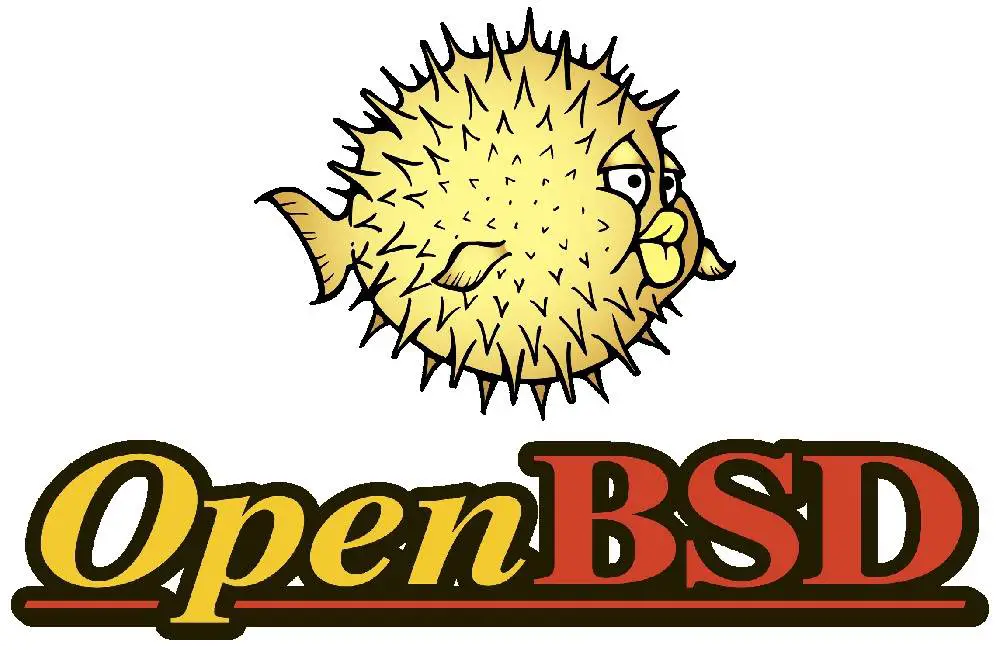There are also fixes related to the Meltdown and Spectre vulnerabilities, but Spectre’s fixes are currently only available to the ARM platform without the x86 platform.
OpenBSD 6.3 release: Unix-like operating system

BSD is a Unix-like operating system first introduced in late 1977. Originally titled 1BSD, it was developed by the Computer System Research Group (CSRG) of the University of California at Berkeley. Today, BSD comes in various flavors such as BSDi Internet Server (BSD/OS), FreeBSD, NetBSD, and OpenBSD below is a brief introduction to each of these flavors of BSD.
Developed and maintained by a large team of individuals. OpenBSD is a multi-platform 4.4BSD-based Unix-like operating system.
OpenBSD is a Unix-like computer operating system and is a successor to the Berkeley Software Suite (BSD), a Unix-derived system developed by the University of California, Berkeley. It was branched out from NetBSD in late 1995 by Theo de Raadt, a Dutch-Canada project leader. OpenBSD is known for open source persistence, high-quality documentation, a strong software license, and focus on system security and code quality.
OpenBSD 6.3 released.
Key new features include: improved hardware support, improved vmm(4)/vmd(8), improved IEEE 802.11 wireless networking stack, general networking stack improvements, installer improvements, OpenSMTPD 6.0.4, OpenSSH 7.7, LibreSSL 2.7.2 ,and many more.





